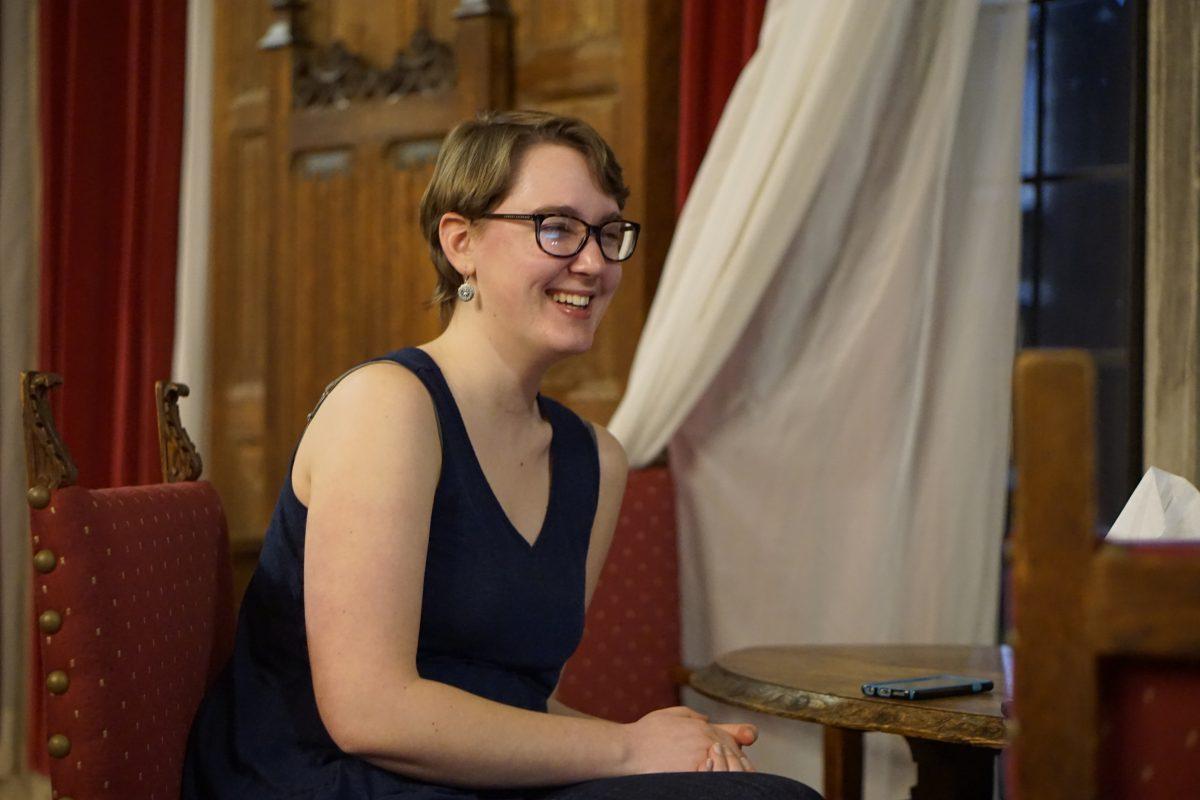Student Organizations and Appointments Committee (SOAC) has opened its applications to fill student representative positions on its various committees. Although the hiring process is year long, applications are opened every week depending on the committee that is actively looking for students. With emails being sent out to the student body and extended deadlines, students are encouraged to apply through the SOAC process to be a student representative on an administrative or a faculty committee. Many students believe that SOAC is not receiving enough applications to fill in its positions because of the lack of campus knowledge about what SOAC is and the responsibilities and benefits that these positions have.
Appointments Coordinator Anna Hunter ’19 explained that “SOAC is one of the subcommittees of Senate run by the College Government Vice President.” It “aids with the constitution process for organizations who wish to adopt a constitution” and also assists in picking student representatives to serve on committees to “see another side of Wellesley” and advance student involvement in the administration by helping “shape school policy.” SOAC also contacts organizations to arrange the annual org fair.
Yet potential applicants for SOAC positions, such as Fatima Santana ’20, felt discouraged from applying for SOAC because she “didn’t hear much about it and they’re [SOAC] very vague as to what their goal as an organization is.” Hawah Kallon ’19 agreed with Santana: “Most of the SOAC isn’t even talked about on campus so not many people know what they exactly do. They never actively contact orgs,” she said. Such responses seem to illustrate a lack of communication between SOAC and the Wellesley community it supposedly represents.
Although Hunter said that SOAC tries to involve student representatives, she also admitted that a lot of people do not know what SOAC is. “Much of the interaction between this bureaucratic body and the Wellesley community is through the planning of the org fair, the assisting of the constitution process to orgs interested in adopting a constitution and the recruiting of student representatives [through the SOAC applications]. For people who are curious about SOAC, there are open meetings periodically to have a glance in the inner workings and a new system of reaching out to the Wellesley community,” she said.
Many potential applicants, such as Mary-Anne Ospina ’19, were discouraged from applying because “whenever I want to apply I find out about it […] the day before the application’s due so I never get to actually applying,” Ospina said.
Yet Hunter stated that, in accordance with SPEC policy, SOAC uses “a system where applications are open two weeks before they are due. E-mails are then sent out to the Wellesley Community approximately a week before they are due, the day before they are due and the day of the deadline.”
Other students who knew of SOAC and were interested in applying, such as Alicia Olivo ’19, believe that “[it] seems like a lot of work to not be paid for.” Unfortunately, student representative positions are unpaid. Isabel Kim ’20 reported that she was deterred from applying “mainly because it seemed like a very competitive process that would give preference to students from other classes (since I’m a first-year).”
According to Hunter, the majority of the positions are filled by first years and sophomores because SOAC positions do not require background experience and are a good place to start to build a resumé and gain experience. Additionally, Hunter said “it’s not very competitive” to be accepted for a position because enthusiasm is valued. She said that a good way to show enthusiasm is by “doing research, talking to faculty, board or administration about the issue and preparing for the interview.”
To reach more students, SOAC has attempted to make the process more accessible. For example, they reach out to the Wellesley community through the announcements in the secretary-treasurer weekly emails, Facebook, their own emails and outreach to departments and organizations that might be interested. In addition, the application process now uses a ranking system which allows applicants to rank committees within a single application, eliminating the need to fill out multiple applications for multiple positions.
Though SOAC has embarked on new avenues to encourage students to apply for SOAC positions, such as extending deadlines, trying new mediums to connect with the greater Wellesley community and simplifying the application system to allow students to apply for more positions using one application, there is still a lack in the number of submitted SOAC applications. This can likely be attributed to a lack of student knowledge about what SOAC is and what responsibilities and benefits each position includes, indicating a disconnect between SOAC and the student body. However, SOAC is attempting to rectify this situation so that it will eventually have a closer relationship with its students.






